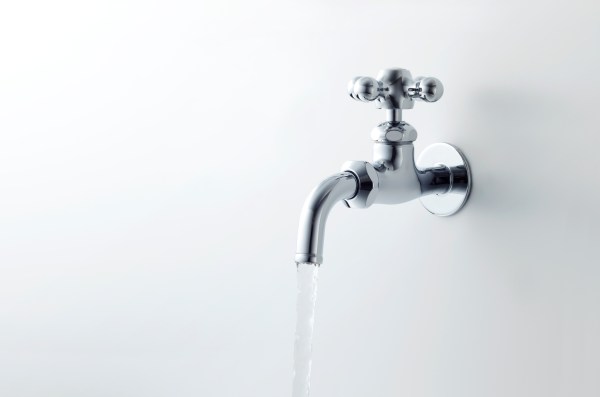The fact that improved technology is responsible for cost reductions in energy production is great news for the energy transition as well.
Technology, especially the Internet of Things (IoT), is expected to play a progressively greater role in the evolution that will take place in the coming years, a role that is absolutely key to the multitude of challenges that remain to be solved.
One of today’s most important challenges is the fight against climate change. As the years go by, environmental awareness is growing and the urgency for efficient energy use is increasing. To find an answer and curb global warming, it is necessary to make renewable energies the most widespread source of energy. To what extent can the IoT (Internet of Things) play a key role in this change?
Technology in the energy transition
During this transition to an energy system that is based on renewable technologies, perhaps not enough consideration is being given to the role that technology can play in achieving said sustainability goals.
Digitalisation and the evolution of technology are proving to be indispensable for this increase in efficiency: automation, smart grids, electricity distribution management, greater efficiency, etc. What is clear is that in recent years a great step forward has been taken to face a future that will be increasingly connected and competitive.
These advances, led by the IoT, are becoming a key tool in the quest for greater efficiency in renewable energy, supporting an increasingly complex energy infrastructure capable of increasing the efficiency of consumption, energy distribution and the installations themselves.
The invaluable potential of IoT technology
IoT technology has the potential, therefore, to contribute to the generation, distribution and transport of energy, from generation to final consumption, increasing sustainability at a lower cost. The use of this technology contributes to the achievement of key performance optimisation goals, such as predicting renewable energy production or detecting system errors instantaneously.
The reality is that global warming seems to be issuing a serious warning that we need to make a commitment to anew energy source. We need all stakeholders in the sector to commit to advocating and championing the adoption of renewable energy, presenting it as the smartest approach for the present and future.
The IoT is therefore an indispensable tool.
Some of the advantages this technology implies for the energy sector:
- Decision making optimisation: Better use of data around decision making is another key feature of this technology. With automated and more efficient processes which make it possible to focus on the most strategic part, thus improving upon the most optimal choice based on demands.
- Anticipating problem: Another solution provided by this technology is the chance to see problems in advance. Predictive maintenance not only reduces maintenance costs significantly, but also avoids damage that can lead to system rigidity.
- A powerful boost for renewables: The IoT paves the way for a new generation of energy. A real evolution that will no longer depend on old plants but on new, more efficient technologies. This technology allows to reduce costs and increase commercialisation as well, both fundamental factors in order to give renewable energy development its final boost.
- Smart grids: Everything is integrated into a network with different energy sources and storage systems, so that IoT technology can be used to control and regulate network operation, thereby improving asset knowledge, making it possible to spot how to smooth the load demand, without forgetting task optimisation, and providing information on the network status and the areas that need improvement.
- Real time information: Thanks to the use of IoT and other technologies such as Big Data, it is possible to obtain information in real time, thereby providing all participants with all the necessary data in a transparent and truthful way, building greater trust and measuring the degree of efficiency.
A more reliable and efficient ecosystem
Apart from connectivity, this technology can become a roadmap for the implementation of digitisation, which would make the ecosystem more reliable and efficient.
It looks like, in the future, the IoT will be a tool with incalculable and unlimited potential, which already has and will continue to have a huge impact on energy production. Renewable energies will become not just an alternative but a reality, capable of adapting, of resisting any setback and, most importantly, they will be much more sustainable and efficient.
In short, we will experience an increase in possibilities and a strengthening of consumer confidence, as the way energy is produced will be more sustainable and its consumption will be more optimised.








